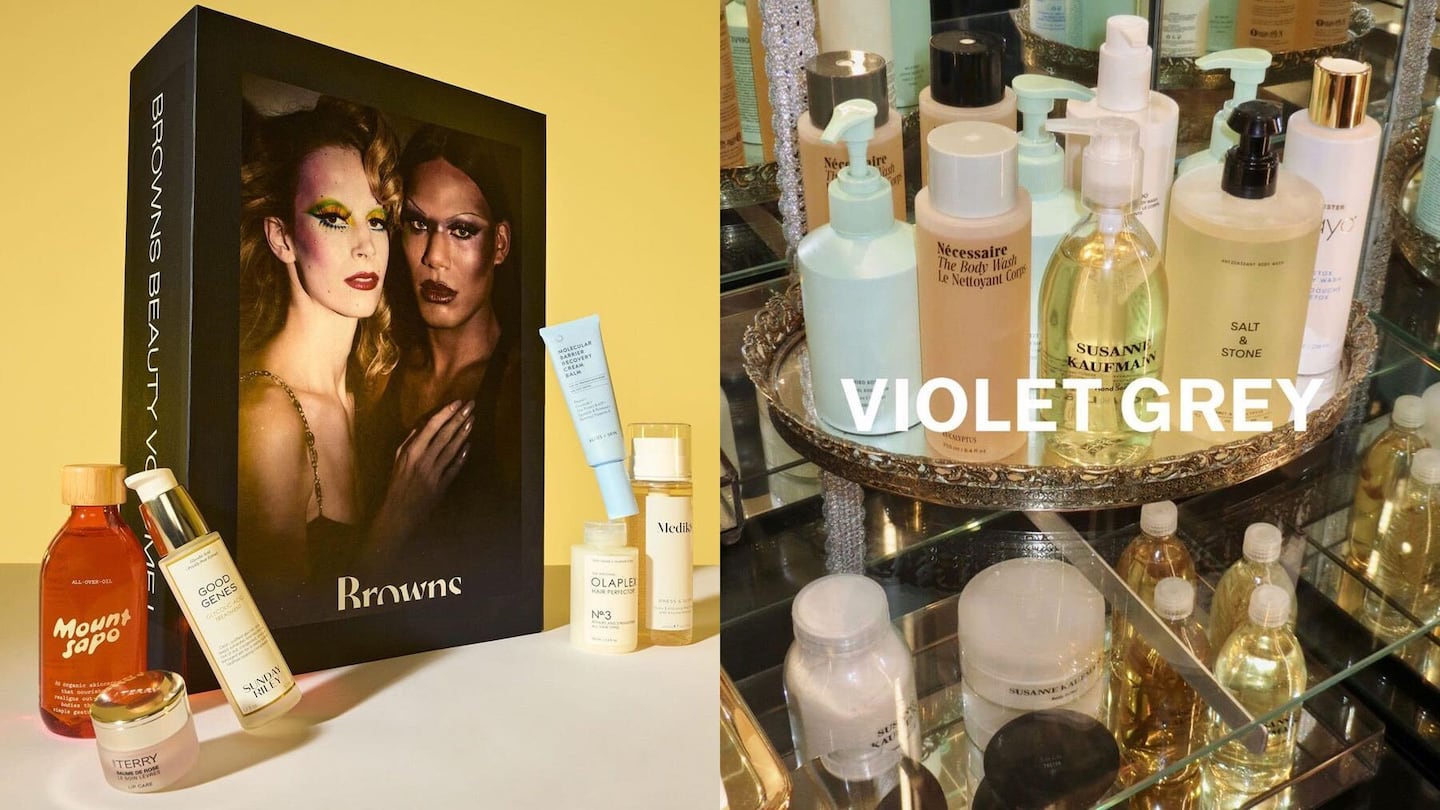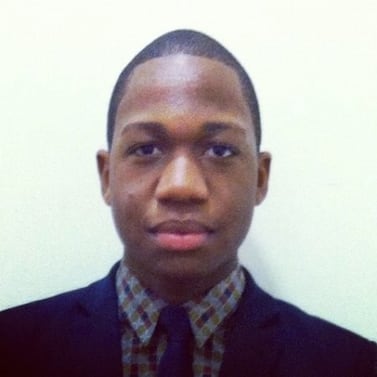
The Business of Fashion
Agenda-setting intelligence, analysis and advice for the global fashion community.

Agenda-setting intelligence, analysis and advice for the global fashion community.

Farfetch is shutting down its beauty division at the end of the month to focus on improving sales of luxury fashion on its marketplace, according to an internal email viewed by The Business of Beauty.
The luxury e-tailer will remove the beauty section of its marketplace on Aug. 31, including the dedicated section for Violet Grey, the luxury beauty retailer it acquired in January 2022. (Violet Grey will continue to operate its own website and stores.) Browns, Farfetch’s physical retail arm since 2015, will also close its beauty division, according to the email.
Farfetch is one of many fashion e-tailers that have struggled to become beauty destinations. Companies like Amazon-owned Shopbop, Moda Operandi and Yoox-Net-a-Porter, which Farfetch has agreed to acquire a majority stake in, have invested in beauty. Those retailers still generate most of their sales from fashion. Unlike with apparel, consumers prefer to preview beauty products in person at trusted retailers like Sephora and Ulta Beauty, experts say.
“When we talk about categories that do really well in a physical presence, beauty is one of them,” said Edward Yruma, managing director and senior equity analyst at investment bank Piper Sandler. “There’s this kind of experimentation that occurs.”
ADVERTISEMENT
Farfetch’s latest beauty venture, which launched in April 2022, was its second attempt to crack the market, following a 2016 partnership with UK-based Space NK that ultimately ended. It was also the marketplace’s most ambitious effort: It paid around $50 million for Violet Grey and hoped to leverage the retailer’s ability to curate a mix of established and emerging brands that had proved irresistible to well-off customers. The new beauty site launched with top prestige brands like Charlotte Tilbury, Westman Atelier and Isamaya.
“This time is different, this time is a meaningful launch,” José Neves, Farfetch’s founder and chief executive, told The Business of Fashion in February 2022. “We want to have a leading position in the beauty space in due course, so we are going for the number one position in the space.”
Farfetch did not respond to requests for comment.
During its investor day last December, Farfetch highlighted beauty as a key category it would focus on this year. At the time, it said that only 19 percent of consumers who bought fashion items also purchased other categories, including beauty.
Last year, sales on Farfetch’s marketplace slipped for the first time since the company went public in 2018 as shoppers returned to stores. The company’s sales rebounded in the first quarter of the year, rising 8 percent year over year. That was due in part to improvements in inventory and partnerships with brands like Reebok. Farfetch, however, made no mention of how non-fashion product categories like beauty contributed to its recuperation.
“The significant market opportunity and the original premise of the business, which is being a leading luxury e-commerce retailer, [is where] there’s plenty of white space,” Yruma said. “A lot of this other stuff can be pretty distracting.”
Farfetch’s shares have fallen more than 70 percent since their debut. The company will report second quarter earnings on August 17.
It’s hard to break into beauty, on or offline, even if you’re owned by Amazon. As retailers from Trader Joe’s to Moda try to establish dominance in a category with endless points of distribution, it takes more than just populating your site or shelves with bottles and tubes of skin care to get shoppers to see you as a viable seller of beauty. It takes authority, and usually, exclusive focus (Sephora and Ulta Beauty aren’t trying to sell fashion, after all).
The luxury fashion platform is coming at beauty from all sides — as a marketplace, a retailer and with its own brands, starting with Off-White.
The luxury fashion platform sees an opportunity in beauty that has eluded many others.

Malique Morris is Direct-to-Consumer Correspondent at The Business of Fashion. He is based in New York and covers digital-native brands and shifts in the online shopping industry.
How not to look tired? Make money.
In a rare video this week, the mega-singer responded to sceptics and gave the public a look at what her beauty founder personality might be.
Request your invitation to attend our annual gathering for leaders shaping the global beauty and wellness industry.
Excitement for its IPO is building, but in order to realise its ambitions, more acquisitions and operational expenses might be required.